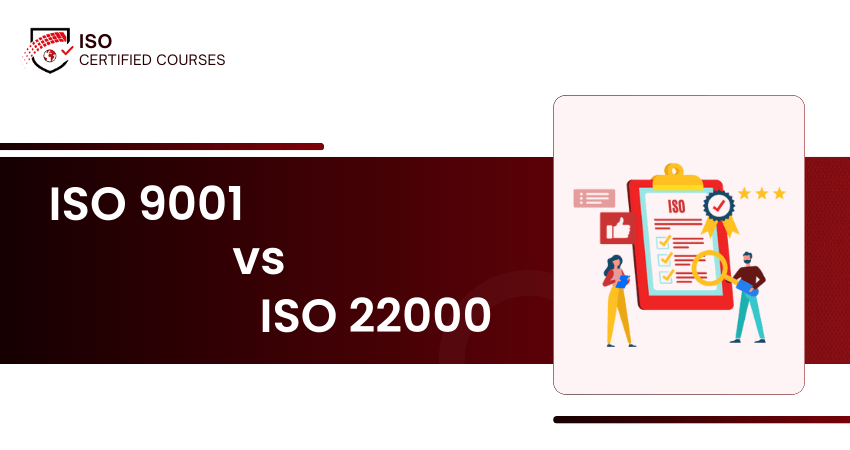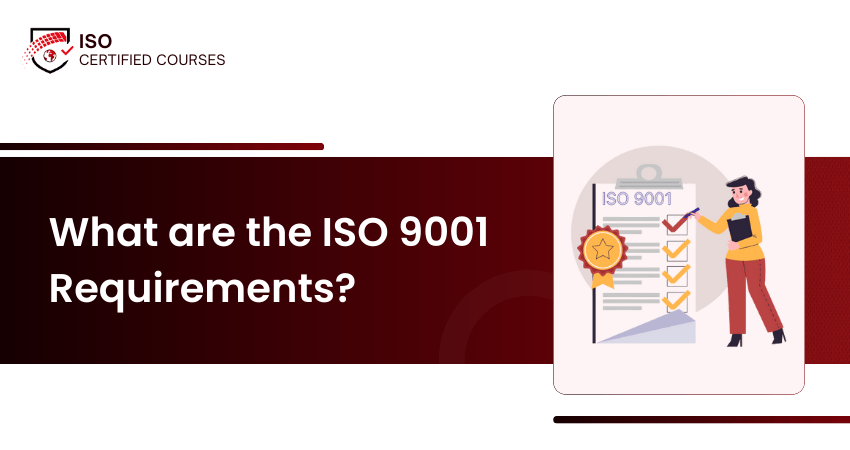What Is ISO 26000 Training Courses ?
Drive responsible business practices with our ISO 26000 Training Courses. This globally recognised training helps professionals integrate social responsibility into strategic decisions, enhancing stakeholder trust, sustainability, and ethical governance across all sectors.
Countries
Locations Worldwide
Years of Expertise
Certified Trainers
Where is ISO 26000 Applied in Real-world Industries?
Corporate Sector: Foster ethical governance, transparency, and fair labour practices
Public Institutions: Promote inclusive development and sustainable procurement
Education: Guide students and staff in responsible academic and social conduct
Non-profits: Align initiatives with global sustainability and community needs
The Benefits of ISO 26000 Training Courses

61% improvement in ethical decision-making
Individuals trained in ISO 26000 report a 61% boost in ethical awareness, helping them identify social responsibility risks and apply responsible practices in their everyday roles.

58% stronger stakeholder communication
Professionals with ISO 26000 training improve communication with communities, clients, and partners by 58%, ensuring more transparent and values-driven engagement.

64% greater confidence in sustainability roles
64% of learners feel more confident handling ESG responsibilities after ISO 26000 training, especially in areas like human rights, fair labour, and environmental stewardship.

45% better cross-functional collaboration
ISO 26000-trained professionals report a 45% increase in teamwork across departments by aligning on shared values and integrating CSR into business goals.

50% stronger brand reputation for businesses
Organisations with ISO 26000-trained staff see up to 50% improvement in public trust and brand image through visible commitment to social and environmental responsibility.

35% higher employee engagement in companies
Businesses with ISO 26000-trained employees observe 35% higher employee satisfaction, as staff feel aligned with purpose-led initiatives and ethical workplace culture.
Our ISO Training, Your Format
Choose the training format that fits your team’s goals, schedule, and preferred learning style. Our ISO Certified Courses are designed to deliver consistent, high-quality learning, anytime, anywhere.
Classroom Training
Online Instructor-Led Training
Online Self-Paced Training
Discover Your Ideal ISO Learning Path and Build a Standards-driven Future
Proven ROI: Why ISO Standards Matter
67% of organisations implementing Quality Management Systems report significant savings.
24/7 Learning Assistance

Served 10K+ Global Learners
Frequently Asked Questions
What is the main purpose of ISO 26000?
ISO 26000 provides guidance on how businesses and organisations can operate in a socially responsible way, focusing on ethics, human rights, sustainability, and community impact.
Who should take the ISO 26000 Training?
This course is ideal for CSR professionals, HR managers, compliance officers, sustainability leads, and any decision-maker involved in organisational ethics or stakeholder relations.
What are the core principles of ISO 26000?
ISO 26000 is built on principles such as accountability, transparency, ethical behaviour, human rights, stakeholder interests, and respect for law and international norms.
Is ISO 26000 applicable to all types of organisations?
Yes, ISO 26000 is applicable to all types of organisations—large or small, public or private, regardless of industry or location.
Is ISO 26000 a certifiable standard?
No, ISO 26000 is not a certifiable standard. It provides guidance on social responsibility but is not intended for certification purposes. Organisations can use it to improve their ethical practices and contribute to sustainable development.
Explore Our Most Popular Topics
Satisfied Clients From 5k+ Organisations In Different Fields












What Our Clients says about us
The ISO 9001 Internal Auditor Training gave me practical insight into quality systems and how to apply audit techniques effectively. The sessions were clear and approachable, even without prior auditing experience. I now feel confident reviewing documentation, identifying nonconformities, and contributing to continuous improvement. The real-world examples and audit scenarios helped me understand the practical side of compliance and how it fits into our daily operations.
Completing the ISO 45001 Foundation Training provided me with a solid understanding of occupational health and safety standards. The training clarified legal requirements, hazard identification, and risk control measures. I’ve applied this knowledge to improve our incident response protocols and reinforce safety culture within the team. It’s also made me more effective at communicating compliance expectations and supporting ongoing H&S initiatives.
The ISO 22301 Foundation Training helped deepen my knowledge of business continuity planning and risk preparedness. The course content was practical and focused on real implementation challenges, which I could immediately relate to my role. I now play a more active part in reviewing continuity plans and coordinating recovery strategies. The training has improved how we manage operational risks and strengthened our overall resilience.
I registered my team in the ISO 9001 Lead Implementer Training, and the improvements were visible right away. The training gave us the tools to standardise workflows, enhance documentation, and build a consistent quality management system. The team has taken ownership of processes and is now more proactive in identifying areas for improvement. It’s significantly enhanced how we align with best practices and deliver results with greater reliability.
Our team participated in the ISO 45001 Lead Auditor Training to reinforce our internal safety and compliance framework. The training not only improved our auditing skills but also helped us critically assess our workplace health and safety practices. We’ve since implemented stronger controls and improved reporting structures. The shift in awareness and engagement has been very positive, especially in high-risk areas.












































